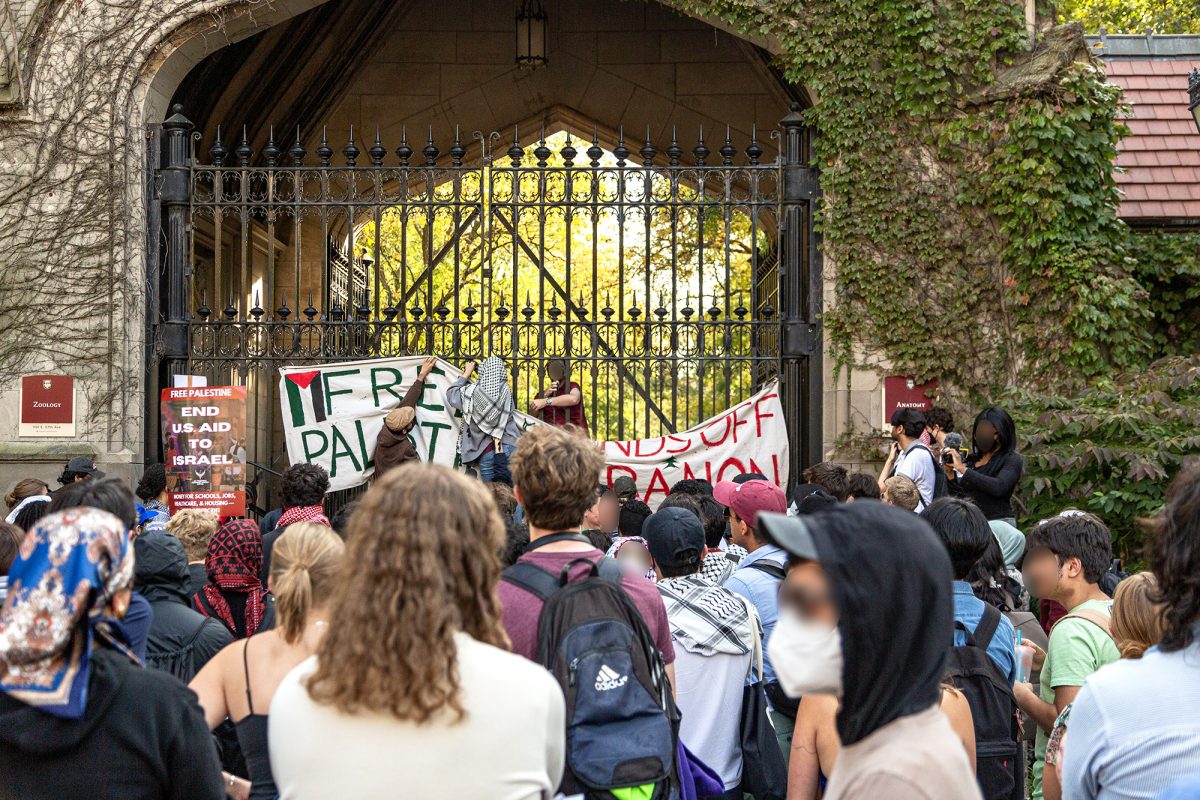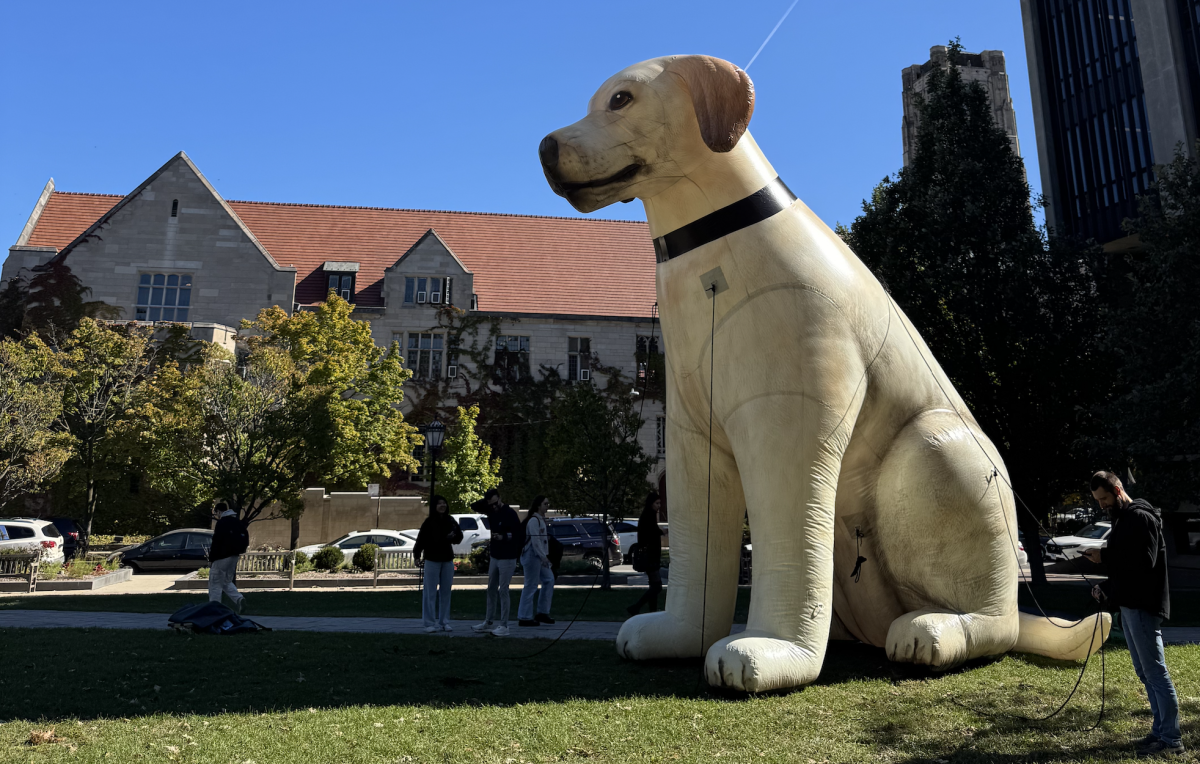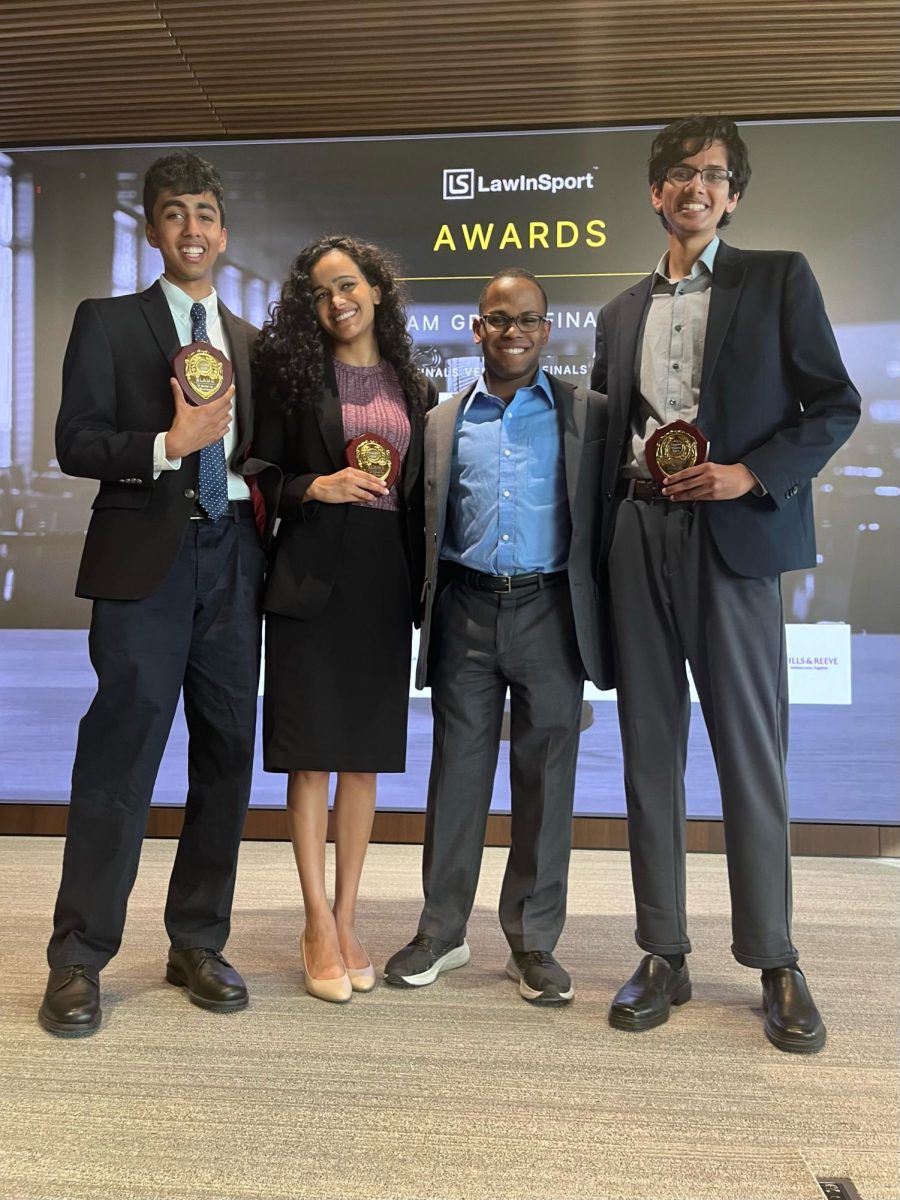When attorney and former Divinity School student Al Hofeld graduated from law school, his exploits took him back to the South Side of Chicago. Hofeld co-founded the South Side Community Federal Credit Union (SSCFCU), which opened in November 2003. The community credit union is the first of its kind on the South Side, and has been the result of four arduous years of writing grants, meeting with community residents, and gathering a core group of workers.
“The South Side needed an alternative to currency exchanges, which charge high prices for cash checking,” said Hofeld, who originally conceived of the idea. “It needed and still needs an alternative to predatory lenders, to predatory mortgage, vehicle title loans, and the lack of bank services for low-and-moderate-income individuals.”
The SSCFCU differs from a traditional bank because it offers bank accounts with minimum deposits of $15 and short-term loans between $100 and $5,000. They also offer financial education classes on improving credit rating and first-time home ownership.
In contrast with currency exchanges that charge a fee for cashing a check, members of the credit union may do so for free.
At one such currency exchange, Check Agency Incorporated on 6250 South Martin Luther King Drive, an employee identifying herself as “Ms. Anderson” said that a $500 check cashed at the agency would incur a fee of $7.83.
Anderson emphasized that checks cannot be cashed immediately at credit unions. She said she does not “really believe in competition from credit unions.”
Gabriel Piemonte, SSCFCU co-founder, said he is not sure he agrees with Anderson’s view of the relationship between credit unions and currency exchanges. “The nature of the competition is direct,” he said.
Hofeld’s greater concern, however, involves predatory “pay-day lending,” a high-interest loan that generally only lasts a few months, which the SSCFCU aims to combat through its loan services efforts.
“Credit unions are geared toward helping out members,” said Greg Brown, president and CEO of the SSCFCU. “Part of that is offering affordable prices for services that you can only get at our credit union. A payday loan store would lend $500 at 500 percent annual interest and you would end up paying back $250 [after three months]. People come here and are able to save that money.” Brown said that the SSCFCU offers a $500 loan at 17 percent interest that is repaid over a period of six months.
Brown joined the credit union as a manager in March 2003 and helped secure their charter in September of 2003 from the National Credit Union Administration.
Within a week of opening, 175 accounts had been established with a total net worth of $235,000. SSCFCU has since grown to 850 members with 1,100 member accounts with a net worth of $1.7 million.
Woodlawn resident Gail Taylor counts herself among those members. She benefited from an account with the credit union, as well as from financial education classes.
“I wanted to become a first-time home buyer,” Taylor said. “My friends had mentioned horror stories about taking loans and that the best thing to do was to arm oneself with information, to more understand the whole process to not make mistakes.”
Despite the increase in members since its inception, SSCFCU still receives external assistance. According to Jimm Cobb, chairman of the SSCFCU board and vice president at the South Shore Bank, the credit union depends on grants for 99 percent of its operating expenses.
“Loans are what will really drive growth for any financial institution,” Cobb said. “Once we start doing those, and have a huge loan portfolio, we should be self-sufficient.”
The SSCFCU is located at the corner of Garfield Boulevard and the Dan Ryan Expressway. To increase its product base and outreach would require workers and volunteers, both of which Cobb said are lacking.
Elizabeth Kneebone, who formerly volunteered at SSCFCU while a graduate student at the Harris School for Public Policy, helped develop a system for measuring the outcome and impact of the credit union before its opening.
“Teaching an un-banked population with financial education classes how to manage money and getting them away from predatory practices like check cashing gives them the opportunity to help set real financial goals,” Kneebone said.
Many University employees already hold accounts with the credit union. University Hospitals has also been in contact with the SSCFCU concerning a banking program for employees. They offer employees a choice between the SSCFCU and the University of Chicago Credit Union and often host speakers from the SSCFCU on financial topics for their employees, said John Easton, director of media affairs at the University Hospitals.
The University has, in general, been supportive of the SSCFCU.
“There is a long record of problems of available credit and financial institutions in historically disadvantaged and minority communities,” said Henry Webber, vice president of community relations, in an e-mail. “Initiatives like the SSCFCU have the potential to significantly reduce these problems and should be supported and endorsed.”
Above all, the SSCFCU seeks not only to fill a void in financial services on the South Side, but also to foster relationships with the people and with the community that it serves, Hofeld said.
“There has been a history of redlining among banks in Chicago,” Hofeld said. “For decades, banks refused to serve African-Americans. We have now come to think of ourselves as the financial institution of last resort. We want to support grassroots development and, above all, facilitate the financial empowerment of the community.”








